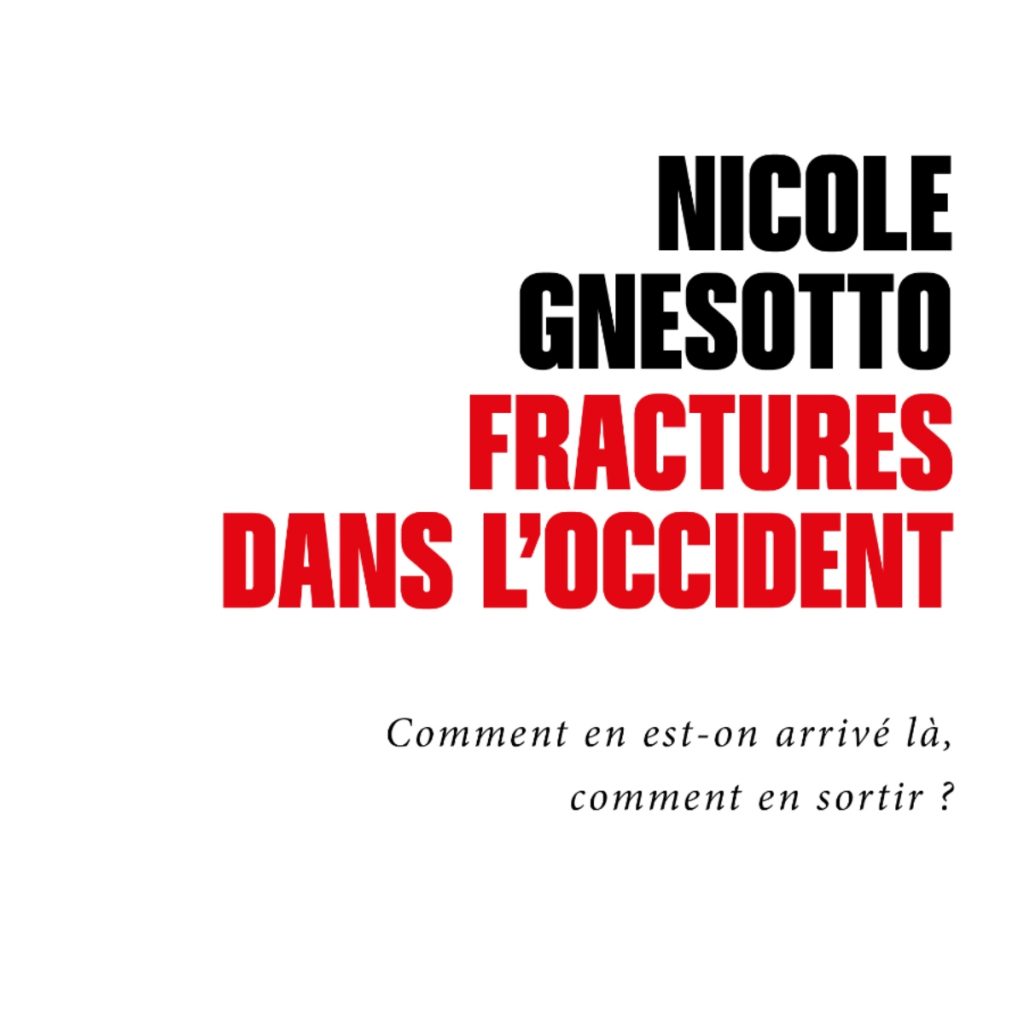Democracy is the challenge of this century

In an essay recently published by Odile Jacob – Fractures dans l’Occident1 – I analyse with concern the developments that have taken place in the democratic arena since the end of the 20th century. In the 1990s, when the USSR collapsed and globalisation invaded the political arena, it was the democratisation of the rest of the world that sparked debate and enthusiasm: after the countries of Central and Eastern Europe, would Yeltsin’s Russia also experience a democratic revolution? Would China, the leading player in globalisation, be able to resist the age-old rule of Western political science, which holds that a middle class demands political freedom after economic freedom? Was Francis Fukuyama right in predicting the end of history through universal democratic and liberal contagion?
These debates from 1995-2000 now seem prehistoric. The democratic challenge of the current decade is no longer democracy in other countries, but rather the future of democracy in our own countries, the old democracies of America and Europe. And this question has already gone through two historical phases: democracy was first attacked by powers outside the West, before becoming a target for our own citizens.
The first phase began at the turn of the 2000s. With the terrorist attacks against the United States and then Europe, Islamist radicalism became the number one enemy of democracies, quickly followed by the world’s most authoritarian and nationalist regimes: Putin’s Russia launched every possible condemnation of Western decadence and hypocrisy, before China and Russia signed ‘unlimited friendship agreements’ denouncing Western conceptions of democracy. This was the era when a new world structure was theorised, divided into two rival camps, democrats versus authoritarians, and this bipolar world order became the Western leitmotif for keeping the United States and the European Union in the same ‘good’ camp. Joe Biden will be the last herald of this American leadership within an alliance hostile to any desire or inclination towards European autonomy.
Alas! That would have been too simple. The election of Donald Trump and the systematic rise of populism in Europe are destroying this theory of a great global confrontation between democrats and dictatorships. The second phase is proving to be both more complex and more tragic: it is the leaders of America, it is our European citizens, sated with the welfare state, who are rejecting democracy and aspiring to another system, one that is more authoritarian, less liberal, more rigid. In Europe, populism is steadily gaining voters, against a backdrop of identity crisis, rejection of globalisation, revolt against social and fiscal injustices, and radical pessimism among a large section of the middle classes who consider themselves losers, or even excluded from globalisation.
In the United States, it is President Donald Trump himself who wants to replace the traditional liberal triptych – free market, democracy and the rule of law – with another destructive trio: protectionism, authoritarianism and force. In his own country, his decisions are wreaking havoc on the freedom of universities, the justice system, the press, scientific research, etc. In Europe, his advisers openly and financially support far-right parties, claiming that freedom and democracy are incompatible and denouncing what they call European ‘censorship’, in other words the minimum political control necessary to implement civil liberties. The entire Atlantic world is therefore in turmoil: the alliance of Western democracies against Russian imperialism is led by a leader who is hostile to liberal democracy.
What next? Clearly, the challenge ahead is for democracy to resist the illiberal, populist, even fascist tide that is swelling in the West. Europeans hold the key to this future in their hands: will they be able to defend Europe’s territory alongside America for long, and defend democracy in Europe against America? Such is the modern form of the European tragedy. The only honourable way out is to build and consolidate, quickly, very quickly, and at the same time, Europe’s autonomous defence and the social attractiveness of democracy: the challenge is historic.




